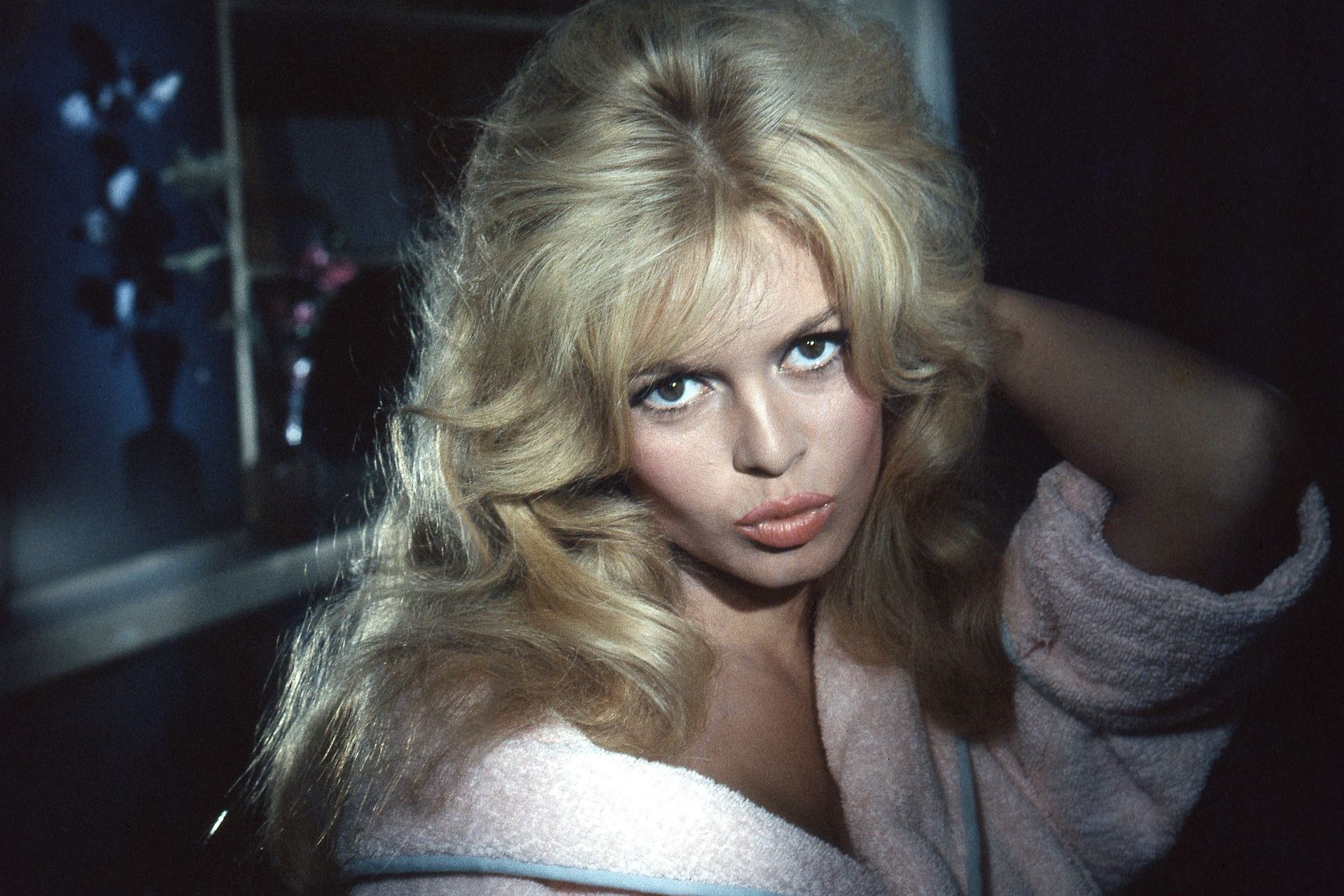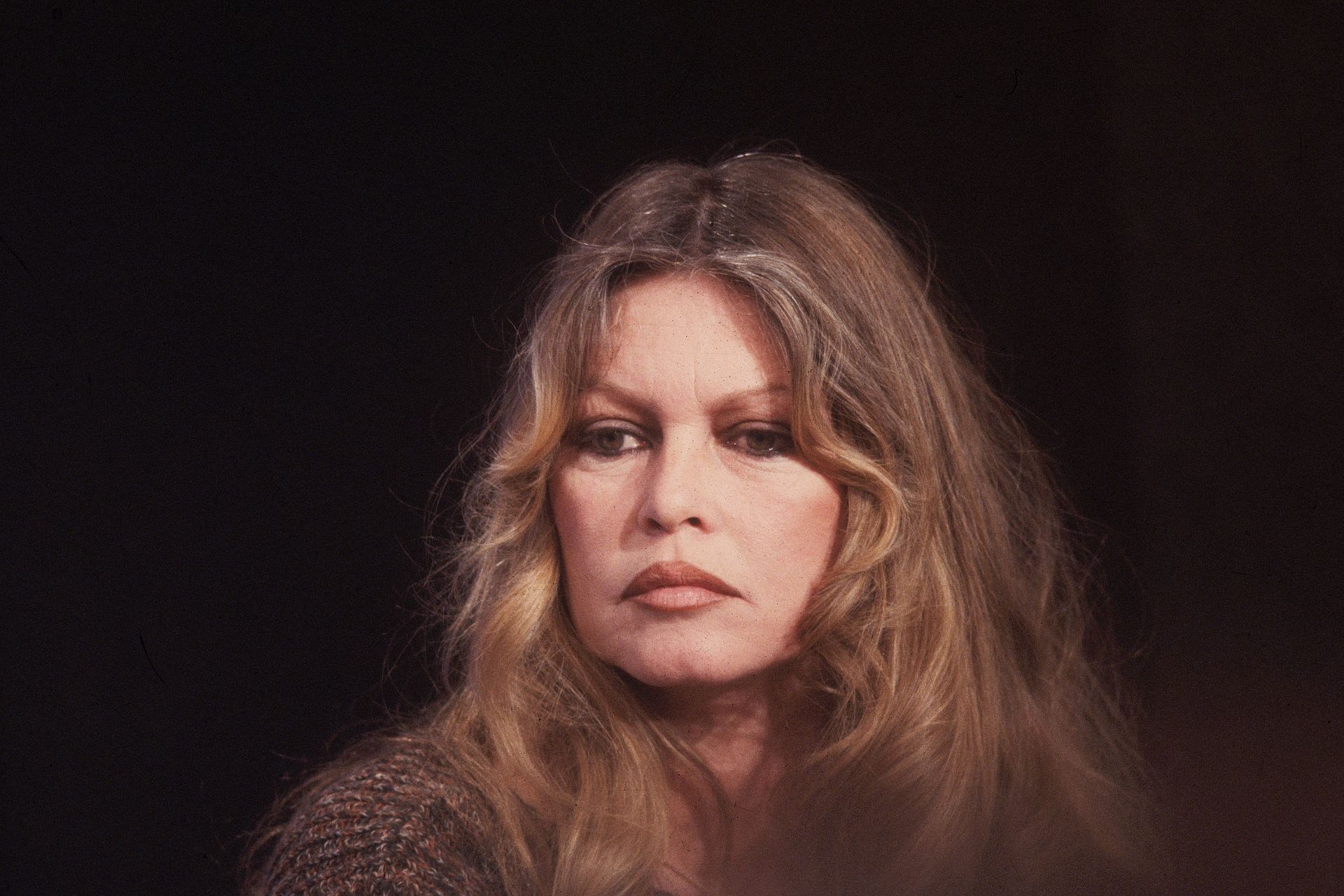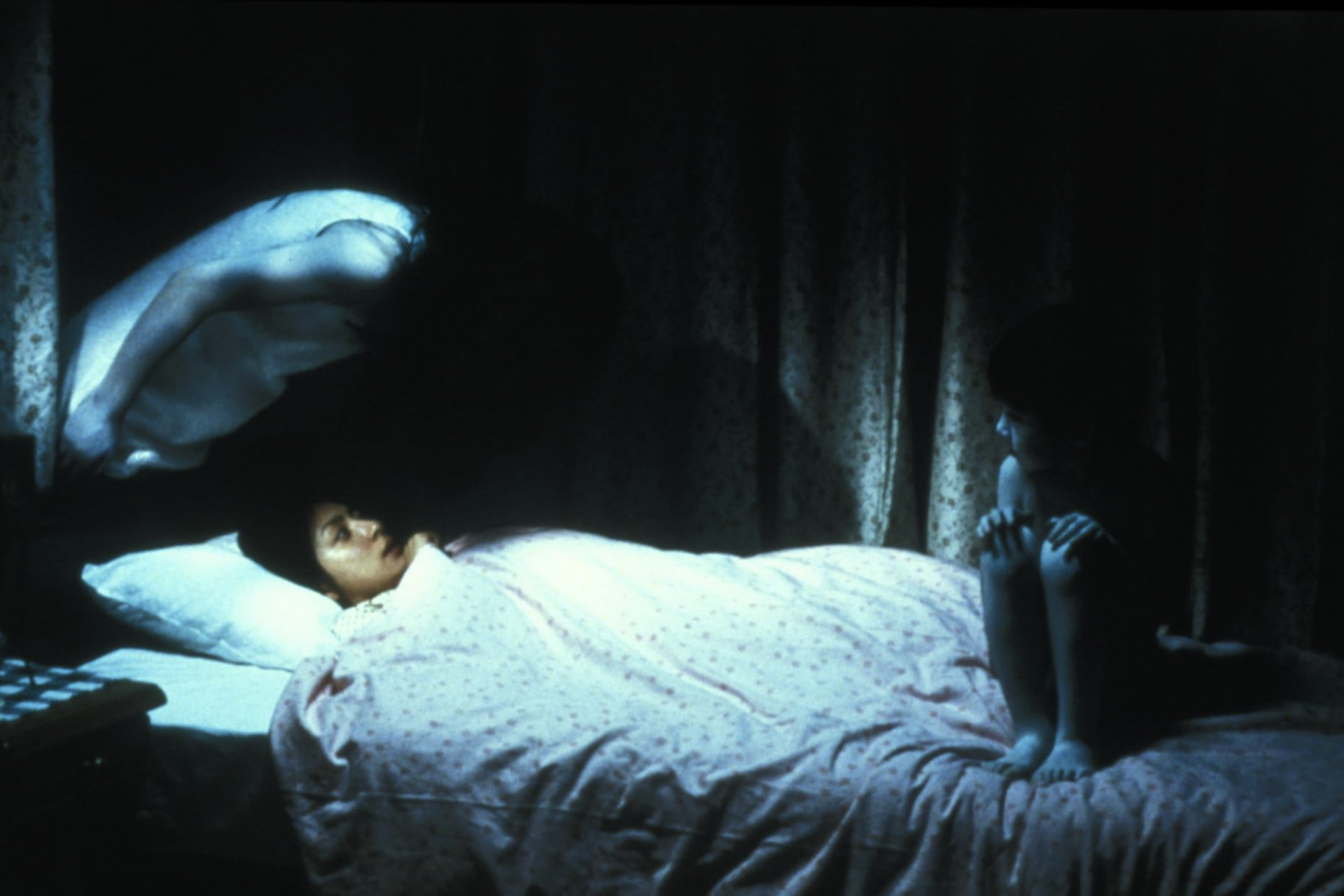Brigitte Bardot: the 90th birthday of French cinema's absolute icon
An icon of French cinema and liberated femininity in the 1960s, Brigitte Bardot turned 90 this Saturday, September 28. And she'll be receiving a special tribute next year.
In May 2025, the actress will star in a documentary, soberly entitled “Bardot”, which will retrace her cinematic and activist career. She will appear in on-camera interviews, even though she has refused to be filmed for years.
Director Nicolas Bary has indicated that “the whole life” of Brigitte Bardot will be evoked, including her “shadowy areas”, notes BFM TV. While we wait to watch the documentary, the trailer for which was unveiled this week, here's a look back at the life and career of a French myth.
Born in 1934 in Paris, Brigitte Bardot is the daughter of an industrialist passionate about cinema and a mother who raised her rigorously to make an artist out of her.
From the age of fifteen, Bardot posed for the cover of the women's magazine 'Elle' to present 'junior' fashion. By then, the physique of Brigitte Bardot was already driving photographers and cameramen wild.
Her pictures caught the attention of director Marc Allégret who asked her to audition for one of his films. The project did not succeed, but on this occasion, Brigitte Bardot met Roger Vadim, then assistant to Allégret. She married him at the end of 1952, immediately after she turned 18.
In the same year, Brigitte Bardot appeared for the first time in cinema, in the film 'Le Trou Normand.' She continued with several other roles, such as the historical film 'Royal Affairs in Versailles' ('Si Versailles m'était conté') in 1954.
Bardot's breakthrough came two years later with '... And God Created Woman' (1956) directed by her husband Roger Vadim. It's the story of an 18-year-old orphan who captures the hearts of men in Saint-Tropez... While the film enchants part of the public, it also shocks with its daring scenes and its innovative staging of female desire.
A few months before the film's release, Brigitte Bardot triumphed at the 1956 Cannes Film Festival. Despite the critics, 'BB' reaches the status of a sex symbol in France and abroad.
On the set of '... And God Created Woman,' Brigitte Bardot met Jean-Louis Trintignant who played one of her suitors. They became a couple in real life and left their respective partners. However, the love story ends when Trintignant realizes that BB is having an affair with singer Gilbert Bécaud...
Brigitte Bardot continued her career in the 1960s, a decade during which she would become an idol in France. But she also went through a difficult time, between her stormy relationships with certain directors during filming and an attempt to end her life on her birthday in September 1960...
Yet, the actress was able to bounce back and write new pages of her legend. In 1963, Jean-Luc Godard offered her an unforgettable role in 'Le Mépris' (Contempt). Brigitte Bardot delivered a performance considered by some as a kind of feminine absolute.
Image: detail of the original poster of 'Le Mépris' (Contempt)
The James Bond saga was in full swing in the 1960s, with Sean Connery in the role of 007. Although she was a fan of English spy stories, Brigitte Bardot refused to play the role of a James Bond girl. It may have been too marginal for the woman who, at that time, embodied female emancipation.
By then a recognized actress, Brigitte Bardot also devoted herself to singing. In 1968, she had an intense artistic and romantic relationship with singer Serge Gainsbourg, which resulted in the song 'Initials BB.'
Brigitte Bardot once again worked with Roger Vadim in 'Don Juan, or If Don Juan were a Woman', which staged the myth of Don Juan in the guise of a woman. The actress transformed the image that society had of female sexuality.
In the early 1970s, Bardot began refusing many roles and receiving fewer and fewer offers from prestigious directors. Her last films enjoyed mixed success.
Yet, the image of Brigitte Bardot continued to be the subject of boundless admiration around the world for decades. Her frank and rebellious attitude and her foolproof sensuality made her a true icon of French cinema despite the brevity of her career.
After ending her acting career, Brigitte Bardot devoted a new phase in her life to the cause that has made her almost as famous as cinema: the protection of animals. She is one of the best-known animal activists in the world.
At first, the former movie star rallied against the seal hunt. Shocked by the violence of its methods, she managed to get the French government to ban the import of sealskins. She also traveled to Canada for several days in 1977 to protest against the hunting of whitecoats (baby seals) for their fur. Her trip was extremely publicized given her star status.
Brigitte Bardot gave a more institutional dimension to her commitment by creating the Brigitte Bardot Foundation for the Protection of Animals in 1986. She declared: "I gave my youth and my beauty to men. Now I give my wisdom, my experience and the best of myself to the animals."
Her foundation has had a significant impact. It militates in particular against the captivity of wild animals and against certain forms of hunting. Thanks to her influence, Brigitte Bardot obtained a ban on the docking of horse tails and a halt to the import of dog and cat skins, for example.
In 2002, her commitment to the animal cause even earned her thousands of death threats. As the FIFA World Cup unfolded in South Korea and Japan, she called for a boycott of South Korean products to protest the consumption of dog and cat meat in that country. A cry from the heart that did not please everyone...
An emblematic place of her life as an actress, Saint-Tropez, is also the permanent residence of Brigitte Bardot, now very far from the world of Parisian cinema. She bought her property there, La Madrague, in 1958.
In 2023, a miniseries about the actress' youth, created by director Danièle Thompson (pictured) and her son Christopher, was broadcast on France 2. The actress chosen for the title role was Julia de Nunez, a young actress who struck a chord not only for her physical resemblance to “BB”, but also for the freedom and instinctive acting that were Bardot's trademark in the 1960s.
In her book 'Un cri dans le silence' (A cry in the silence, 2003) Brigitte Bardot defended ideas considered to be very conservative regarding the place of women in society, homosexuality, and Islam in France.
The support she gave to Vladimir Putin for his supposed role in the protection of animals also raised some eyebrows in France, as did her support for extreme-rightist Marine Le Pen during the 2012 presidential campaign. One thing is certain: Brigitte Bardot always says loud and clear what she thinks!
Despite her sometimes controversial positions, Brigitte Bardot remains an eternal icon of the 1960s and French cinema. Has her image faded over the years? No doubt, but her youthful roles remain unforgettable. Happy birthday to Brigitte Bardot!
Follow Showbizz Daily to stay informed and enjoy more content!






































